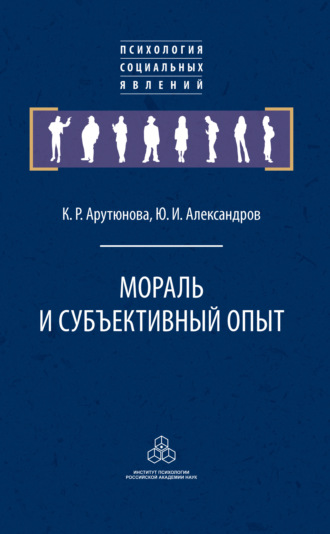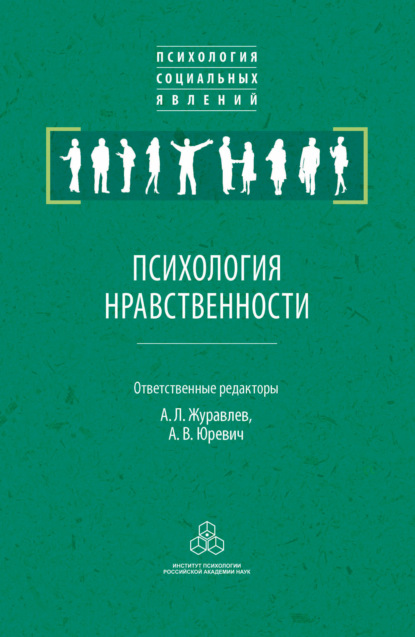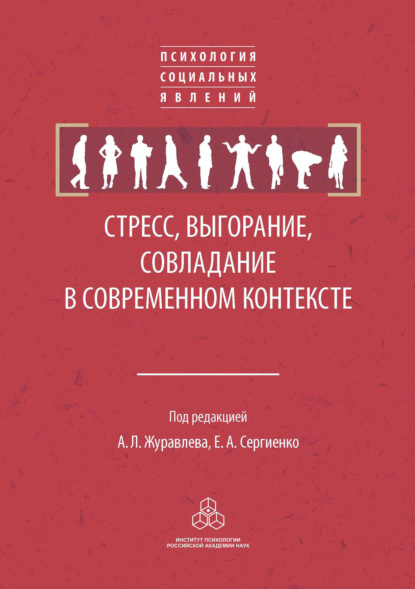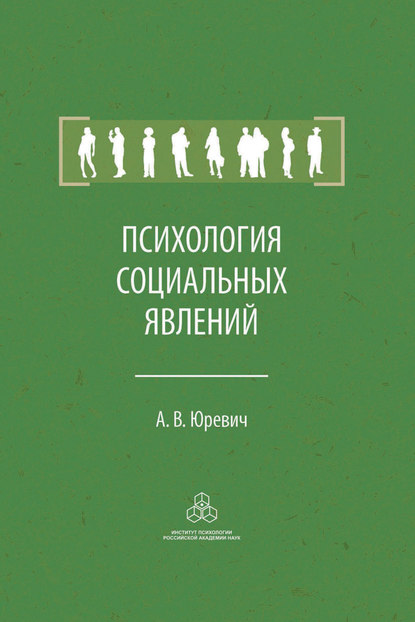
Полная версия
Мораль и субъективный опыт
14
Подробнее об активности мозга в процессе моральной оценки см.: глава 4, п. 4.1.
15
«Moral Reasoning: Conscious mental activity through which one evaluates a moral judgment for its (in)consistency with other moral commitments, where these commitments are to one or more moral principles and (in some cases) particular moral judgments» (см.: Paxton, Greene, 2010, p. 516).
16
«If thinking about the act… makes you feel bad in a certain way, then judge that it is morally wrong» (см.: Sinnott-Armstrong, Young, Cushman, 2010, p. 260).
17
О соответствии этапности формирования структуры индивидуального опыта росту дифференцированности соотношения организм – среда см.: Александров 1989, 2011б; Kolbeneva, Aleksandrov, 2016).
18
«There is little basis for the common belief that folk psychological concepts such as “emotion” or “motivation” actually correspond to natural anatomical and functional entities in the brain. Consequently, traditional psychological concepts may often provide misleading guides for the investigation of the control of behavior by the brain» (см.: Vanderwolf et al., 1988, p. 56).
19
Об отражении эмоций в динамике сердечного ритма см.: глава 4, п. 4.2.
20
«An emotion word names a commonsense category that corresponds to a wide range of mental events that vary in physiology, behavior, cognition and experience» (см.: Lindquist et al., 2013, р. 259).
21
Сопоставимые в этом аспекте взгляды см. в: Анохин, 1978; Швырков, 1984; Cacioppo, Gardner, 1999; Davidson et al., 1990; и др.
22
Подробнее о действии алкоголя на системное обеспечение поведения см.: глава 4, п. 4.4.
23
О морали и раннем индивидуальном развитии см.: глава 3, п. 3.1.




